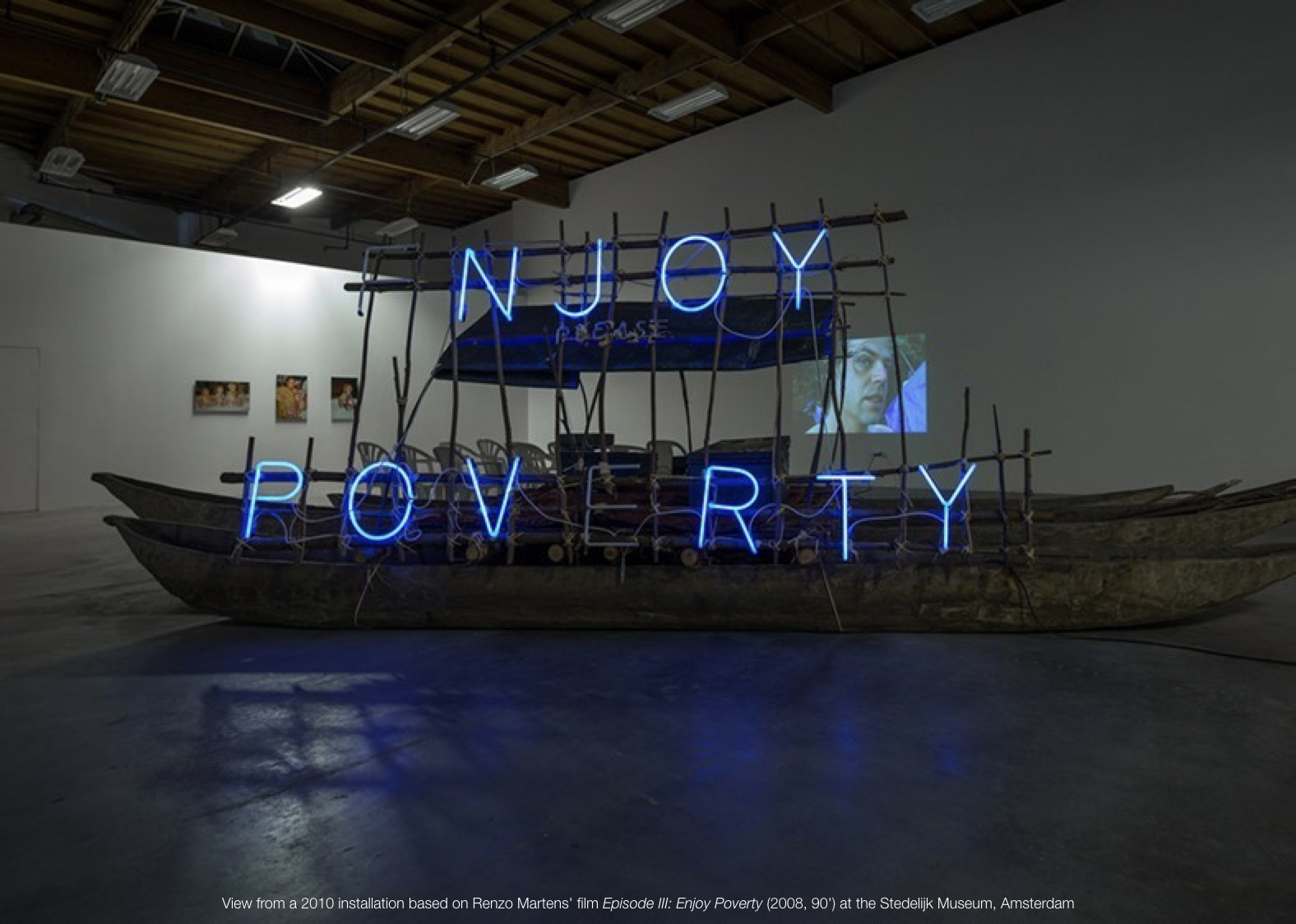Since the late 18th century, a growing body of European cultural production has focused on raising awareness about suffering by aestheticizing it. How has this production shaped customary understandings of the relationship between violence and culture and, in so doing, imagined Europe and Europeanness? Specifically, how has it informed widespread understandings of violence and culture being mutually antithetical, and imaginations of Europe and Europeanness premised upon this antithesis (e.g., Europe being "the peaceful continent" or a legitimate mediator of peace in international conflict)? What are the critical responses with which these understandings and imaginaries have been met, and how might they be entangled in the very object of their criticism due to their approach to the relations between power, ethics, and aesthetics? This course explores these questions through contemporary artistic practice, focusing especially on its responses to colonialism, racism, imperialism, patriarchy, and Anthropocenes. The teaching format comprises seminars, requiring everyone to show up having read the weekly texts, having reflected on them and having prepared to discuss them at length during the seminar. Summative coursework involves a 5000-word essay based on individual research submitted the first week of Lent Term. To help students prepare for this, there will be two formative exercises involving the textual submission of a long abstract and research question halfway through term and the verbal presentation of the same in the final week.

EU486: Imagining Religious Violence, Imagining Europe
Since the late 18th century, a growing body of European cultural production has focused on raising awareness about suffering by aestheticizing it. How has this production shaped customary understan...